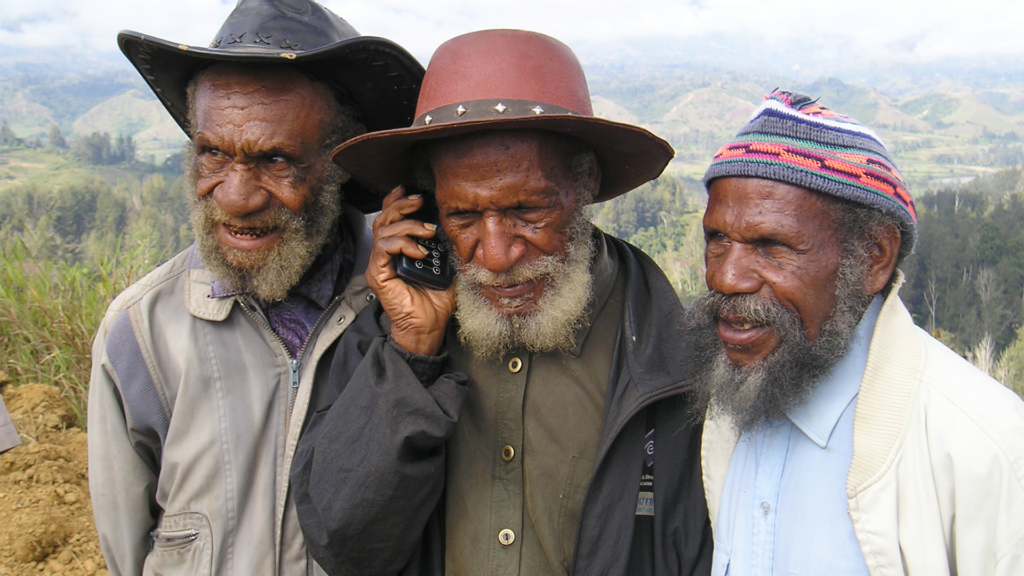At this time, COVID and lockdowns again dominate our news headlines, and impact a huge number of people in the South Pacific. Associated with this is the question of vaccines, especially as they are promoted by governments as a road back to normality. Some have opposed vaccines, believing that Ellen White was against them, while others claim that it is related to faith and loyalty to God. Let’s address that.
Ellen White and Drugs
First, it is well known that Ellen White was opposed to “poisonous drugs”. In 1865, after reflecting on the treatment offered by a “physician”, she wrote, “More deaths have been caused by drug-taking than from all other causes combined . . . Multitudes of physicians, and multitudes of drugs, have cursed the inhabitants of the earth, and have carried thousands and tens of thousands to untimely graves.”1
Here it is essential to understand the context in which she made those statements. The following were regarded as medicines in 19th century America: mercury, opium, arsenic and strychnine. Further, there were potions (called compounds at the time) that could have a mix of any ingredients, including, though not limited to, the following: worms, vegetable syrup, powders, vipers’ flesh, mercurial precipitates, human perspiration, and human or animal excreta. If the compounder made a mistake, he’d keep the potion for later use!2
Little wonder that in 1860 Dr Oliver Wendell Holmes wrote: “if the whole materia medica, as now used, could be sunk to the bottom of the sea, it would be all the better for mankind—and all the worse for the fishes.”3 This should explain Ellen White’s use of the term drugs.
Second, to be a doctor then required a three-year apprenticeship to a doctor, the quality of which was dependent upon the skill of the physician. Mid-19th century medical schools were being urged to extend their training to six-month courses, but there was no regulation. By 1885 most offered a two-year course, largely repeating what was in the first year. Thus, it is evident that medicine was very much developing during this period.
Third, Ellen White was the driving force behind the Adventist emphasis on health. It was her visionary outlook that drove health institutions being set up, and she stated that “the medical school at Loma Linda is to be of the highest order”.4 She desired graduates should be so trained that they would have “superior skill, fitted to stand upon the highest eminence”.5 It was necessary to aim for the best.
Ellen White and Vaccines
Ellen White makes no statements on the matter of vaccinations. Here her pen is silent. There are, however, records of some interactions by those who worked with her on this matter. The principles here should be helpful to readers’ decision making.
Elder DE Robinson, one of her secretaries, wrote in answer to a question on June 12, 1931, of an outbreak of smallpox in her area while she was living. He points out that “she herself was vaccinated, and urged her helpers, those connected with her, to be vaccinated. In taking this step, Sister White recognised the fact that it has been proven that vaccination either renders one immune from smallpox or greatly lightens its effects if one does come down with it.”6
Another illustration is given by WC White who recalled an incident while they were in Australia. A returned missionary had lost his firstborn son to malaria in the islands, having refused advice to administer quinine based on his understanding of Ellen White’s counsel. He asked her, “‘Would I have sinned to give the boy quinine when I knew of no other way to check malaria and when the prospect was that he would die without it?’ In reply she said, ‘No, we are expected to do the best we can.’”7 This aligns with the following counsel from her: ““God wants us all to have common sense, and He wants us to reason from common sense. Circumstances alter conditions. Circumstances change the relation of things.”8
In 1911, Ellen White writes to her son Edson, that she had been treated with X-ray. “For several weeks I took treatment with the X-ray for the black spot that was on my forehead. In all I took 23 treatments, and these succeeded in entirely removing the mark. For this I am very grateful.”9 This indicates that Ellen White was not against the developing practice of modern medicine; nor was she against the legitimate use of vaccines.
Vaccines and Loyalty to God
But what of the claims in some quarters that there is somehow a connection to faith and loyalty to God? The book of Revelation addresses matters to do with the end, and squarely in the middle of the book is the matter of a life choice which all must make. That choice has to do with being on one of two sides in the great controversy between God and Satan. It has to do with worship and loyalty to God (Revelation 14:7), or Satan, represented by the beast powers (Revelation 13:15). The current situation does not involve worship and loyalty to God. It is difficult to see any religious element in it at all. It does have the potential to touch on matters of personal freedom, but this is not the same as matters of worship and practice of religious belief.10
In fact, here we have an excellent example of deciding what the Scriptures say. Prior to the Reformation, the church determined what Scripture said. Protestant Christians believe that authority lies within Scripture. But what happens when they disagree among themselves about its meaning? Who decides what is correct? Is it the individual or the faith community? Both parties will claim they have grounded their claims in Scripture. Yet, in reality, we interpret Scripture, and the history of Christianity shows the disagreement there is on its meaning.
This highlights the question of how the rights of individuals and the community intersect. This occurs in the Christian community when doctrinal issues arise, and their community holds them to account for what it sees as aberrations. Those disciplined will claim that their religious liberty has been infringed as a result. Those individuals are ultimately free to practice and believe what they wish, based on their consciences, but usually separate from their original community.
The same applies in this current context. Each person has the right to choose whether they will be vaccinated or not, but they need to consider the greater good of the whole community. It’s not an easy decision for some, and they need to be allowed room to dialogue about their reservations.
Mark Pearce is Director of the Ellen G White/SDA Research Centre.






